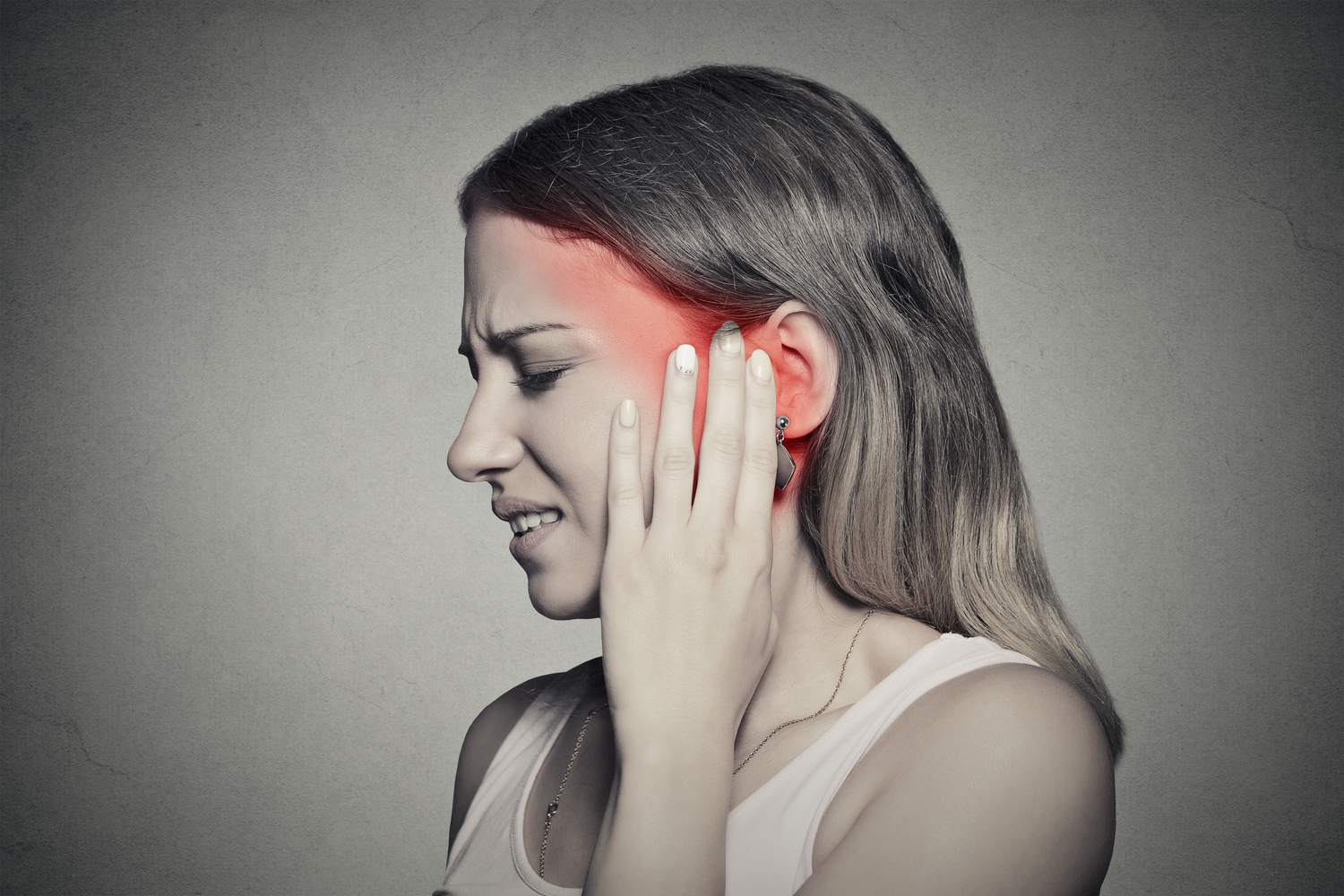
6 Causes of Tinnitus to Be Aware Of
Tinnitus is a problem that is common in older adults that results in a ringing noise in one or both of your ears. The ringing sound isn’t caused by any external source and is instead an internal sound that others can’t hear. Tinnitus affects around 15% to 20% of people so it is a relatively common issue. If you suspect you have tinnitus you should get a hearing test to determine if hearing aids could benefit you. Here are the six causes of tinnitus:
1. Ear infection or ear canal blockage
When you have an ear infection there is a buildup of fluid in the ear causing a blockage. Other types of blockage can occur when earwax, dirt, or other foreign materials buildup in your ear. Blockages can affect the pressure in your ear which is known to cause tinnitus. Typically, once the infection is cleared or the blockage is removed the pressure in your ear will return to normal and the tinnitus will go away.
2. Head or neck injuries
The most common type of head or neck injury to cause tinnitus is whiplash. Whiplash is an injury that is caused by the rapid jerking of the head you experience whenever you’re thrown forwards, backwards, or sideways such as in a crash, a fall, or a jolt to the head by a heavy object that results in an injury that damages your nerves, intervertebral cartilage, and ligaments. Other injuries can cause tinnitus, however, as these injuries can also cause a change of pressure within the ear.
3. Age-related hearing loss (presbycusis)
Age related hearing loss is also known as presbycusis, and tends to come on as a person ages. There may be a genetic component and may occur because of changes in the inner ear and auditory nerve. This type of hearing loss typically occurs in both ears and is gradual over time. Tinnitus can be the first sign of hearing loss in older adults and can be an indicator of other health problems, such as high blood pressure, allergies, or a side effect of medications.
4. Exposure to loud noises or explosions
Exposure to loud noises such as an explosion or very loud music, even for a short duration of time can be very damaging to an ear. Typically, if we are exposed to a loud noise for a short time we will experience tinnitus that tends to go away. However, if you are exposed to a loud noise for a long period of time you can develop permanent hearing loss and tinnitus. That is why it’s best to be safe when exposing ourselves to loud noises and wear appropriate safety gear when applicable.
5. Ototoxic medications
There are over 200 medications on the market today that are known to be ototoxic, both over the counter and prescription. Typically these medications are for more serious conditions and treat things such as infections, cancer, and heart disease. Luckily, when the drug is no longer being used hearing loss and tinnitus tends to be reversed, but on occasion the hearing damage and tinnitus are permanent. Tinnitus tends to be the first sign that a medication is ototoxic.
6. Ménière’s disease
The cause of Ménière’s disease is unknown, but it’s often considered to be an issue with pressure deep inside the ear. There are a few symptoms of Ménière’s disease, namely vertigo, tinnitus, pressure felt deep inside the ear, and hearing loss. These symptoms typically happen all together at one time and last minutes or hours. Ménière’s disease typically starts in one ear but can spread to the other ear over time.


